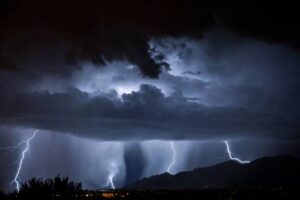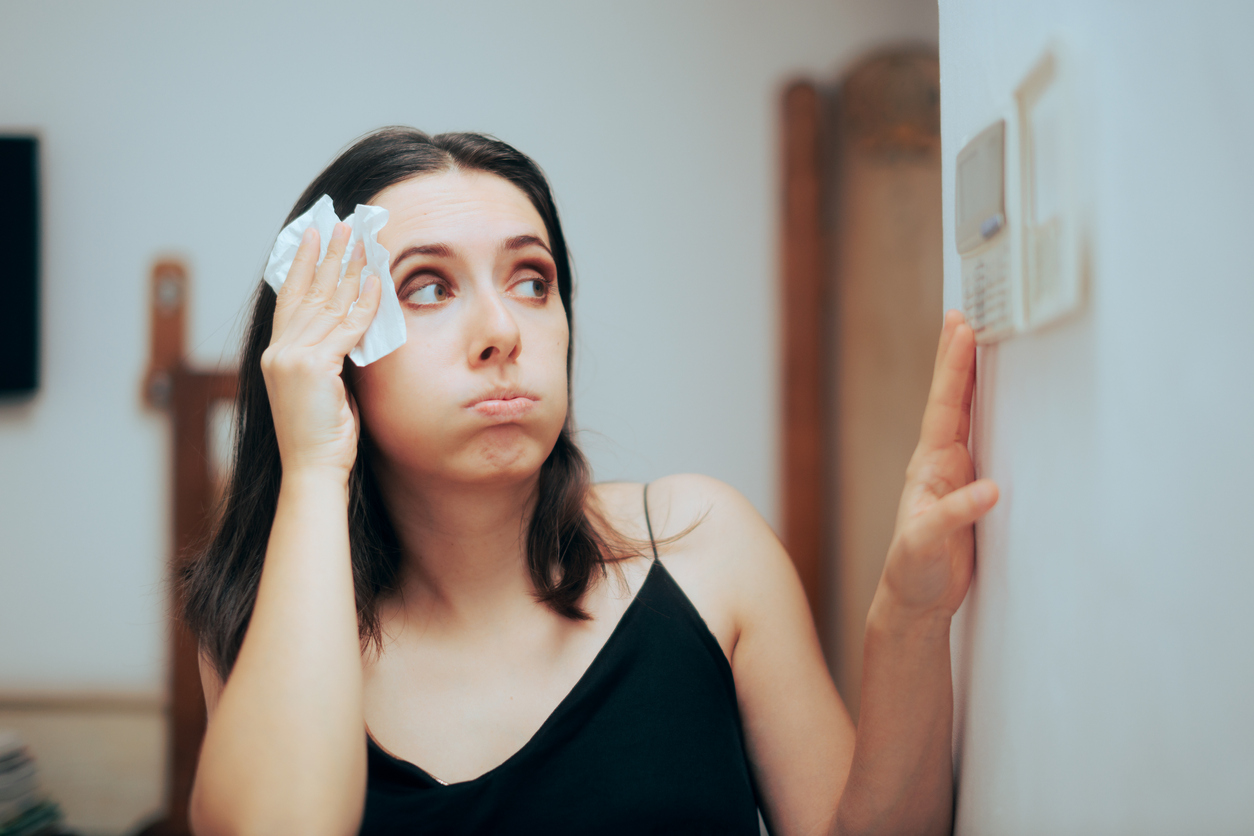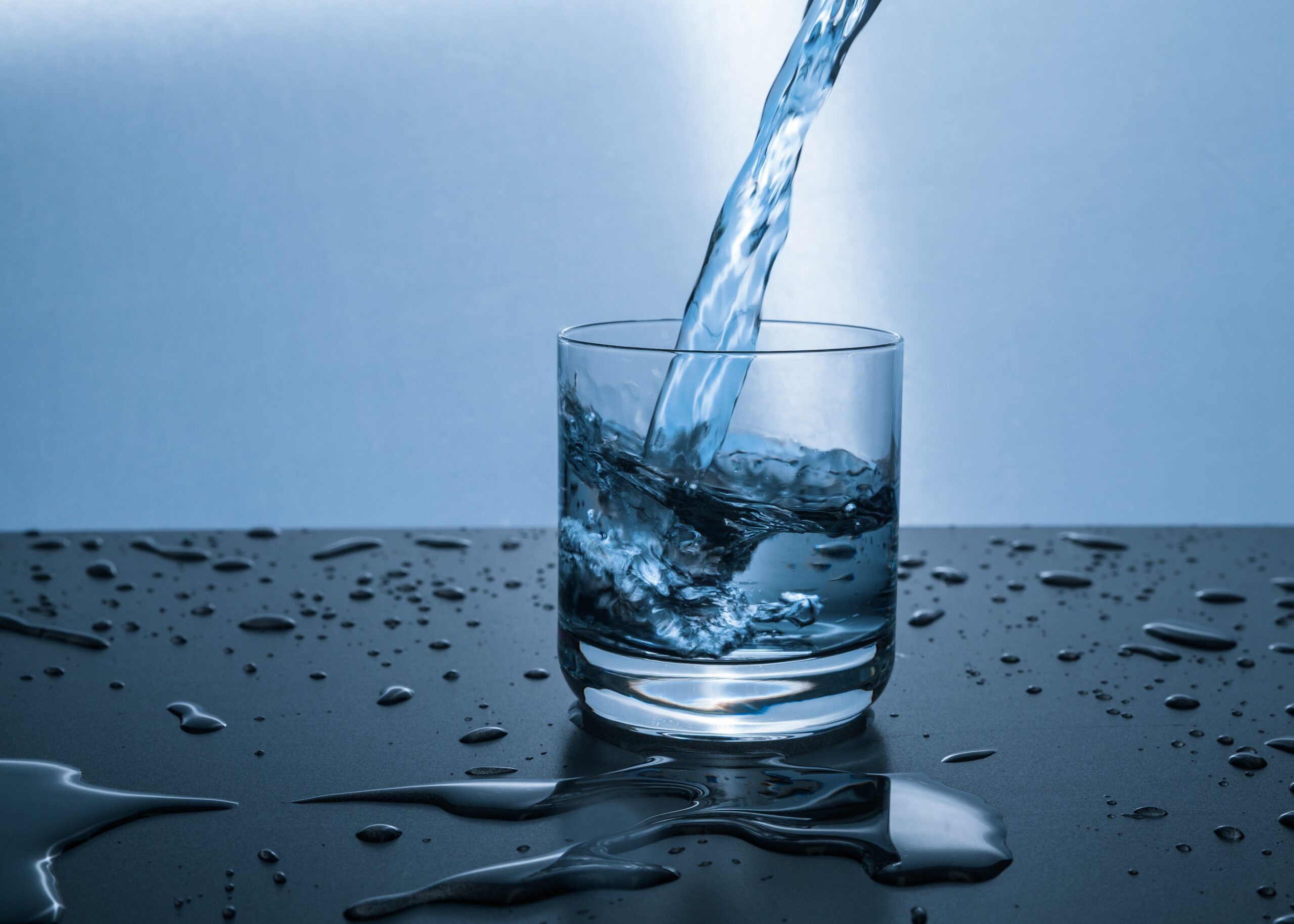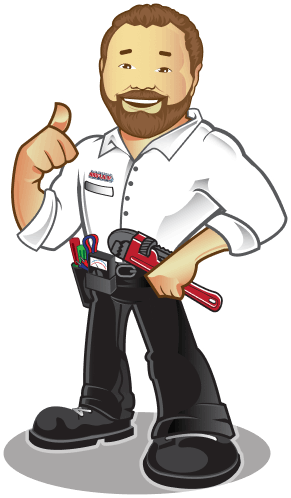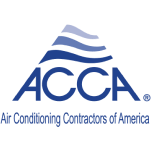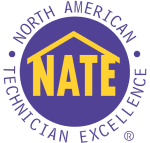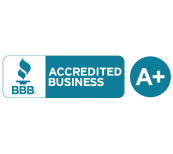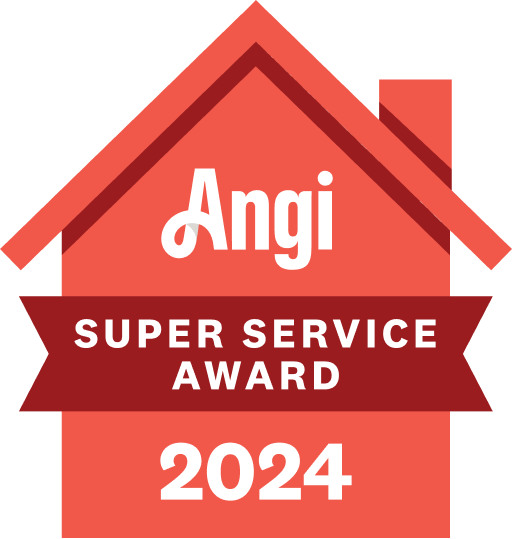Plumbing Tips That Every Homeowner Should Know
Most of us don’t consciously think about our home’s plumbing on a daily basis. We do our thing and expect the water and pipes to do theirs. But not properly maintaining your plumbing systems can lead to disastrous consequences and pricey repairs.
Plumbing is subject to daily wear just like everything else in your home. Without the occasional TLC, you may be subject to a burst pipe, leaky faucet, or clogged drain. While a leaky faucet may not seem like a top priority or major concern, a burst pipe could flood your entire home, destroying thousands of dollars worth of materials and irreplaceable items.
With these simple plumbing tips, you can avoid plumbing issues and major disasters, as well as expensive repairs. Learn what you can do to fix minor plumbing issues yourself before an expert becomes necessary.
Learning Plumbing Basics
Knowing where water enters your home is the first step in acquiring basic plumbing smarts. The main water pipe where water first enters your home is usually located in the basement (or closet) next to the water heater.
Generally, this pipe will have a shutoff valve in the form of a lever or wheel. In the midst of a burst pipe or plumbing crisis, knowing where this valve is located and how to turn off the flow of water could save you and your home from disaster.
Clogged Drains
We’ve all experienced a clogged shower drain, toilet, or backed up sink. These are never fun, especially for guests who may never want to visit your home again after experiencing an awkward toilet clog or filthy sink. Avoid the annoyance, inconvenience, and nasty buildup of clogged drains with these simple preventative practices:
- Use drain filters that catch hair and other debris from clogging pipes and empty them in a trash can regularly.
- Avoid flushing too much hair (especially from facial shaving) or objects that are not water-soluble down drains.
- Use professional drain cleaning liquid often to prevent clogs and buildup.
- Keep a drain snake handy and frequently clean out drains that face a lot of hair and buildup.
- Keep a quality plunger on hand, one that creates a tight seal in your model of toilet.
- Be sure that a high-capacity garbage disposal is installed and properly functioning in the kitchen sink.
- Avoid putting vegetable peelings, oil, grease, and tough food down the kitchen garbage disposal.
Water (Under) Pressure
You check your blood pressure and tire pressure, so check your water pressure now and again to avoid leaks and blockages. You can purchase a simple water pressure gauge at your local hardware store or have a high-tech water monitoring system installed by professionals.
The latter may be more expensive upfront, but could save you major money in the long run by allowing you to see real-time water usage, expenses, softener and contamination levels, and notifying you of leaks or water pressure that’s too low or too high.
What is a PRV?
Because your home most likely relies on municipal water from the city, it’s critical that you know how to operate your home’s PRV (pressure reducing valve). Municipal water departments are required to pump water at 100 PSI (pounds per square inch) in order to service fire hydrants and high-rise buildings where water needs to travel up hundreds of feet.
Your home and its plumbing systems, however, are generally only equipped to handle 60 PSI. Water pressure that’s too high could not only be dangerous to you and your family, but could also cause pipe bursts and much higher utility bills.
Potty Procedures
Be nice to your toilet. This means only flushing toilet paper regardless of products that claim to be flushable. Never flush feminine hygiene products or any other contents down the toilet. These materials are not water-soluble and may result in clogs that could have disastrous consequences.
If a minor clog happens, use a quality plunger with good suction to loosen the blockage and clear the pipe. Never flush on top of a clog, hoping the added water pressure will resolve the issue. You may just end up with a sewage overflow.
Ensure that your septic tank is functioning properly. This may require professional assistance, but is well-worth avoiding a septic overflow and expensive clean-up of toxic waste.
If your toilet is making a running sound after flushing, remove the back lid and examine the moving parts. You may need to tighten or replace these pieces, or seek the assistance of a professional plumber. A constantly running toilet will not only increase your water bill, but may also reduce water pressure and create further issues.
Winter Care
Frozen pipes and subsequent pipe bursts can occur during especially icy winters. The best way to avoid these majorly expensive issues, is to have your pipes winterized by a professional plumber. In addition, don’t be tempted to completely turn off your home’s heat in the event of a winter’s hiatus. You may save a few bucks on your next heating bill, but may also end up having to spend thousands to replace and repair frozen pipe bursts.
Water Heaters
A water heater, like anything else, has a lifespan and maximum capacity. Make sure that your water heater is operating at its ideal capacity with frequent maintenance and repairs from professional plumbers; This will lengthen its life, saving you from having to purchase a new water heater sooner than necessary. On average, a water heater should be replaced every 10–12 years depending on usage.
Leaks & Drips
A leaky faucet is typically the result of a fixture that simply needs tightening or faucet replacement. Many such fixes can be done alone, but it’s a good idea to hire a professional plumber if you lack mechanical know-how. Leaks may not always be visible, so be aware of mold, mildew, and discoloration as indications of water where it shouldn’t be.
A dripping faucet may not seem like an alarming issue, but can add up to hundreds, even thousands of wasted gallons of water every year; not great on the environment or your wallet. The first thing to do is check your water pressure. A drip could simply be the result of a PSI that’s too high.
Plumbing Check-Ups
Having your plumbing fixtures, faucets, water pressure, pipes, and water heaters frequently maintained by a professional plumber may not only save you from annoying clogs and leaks, but also disastrous plumbing mishaps that could cost thousands. For friendly, reliable, and experienced plumbing services, contact F.H. Furr for more information today!


